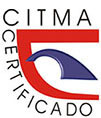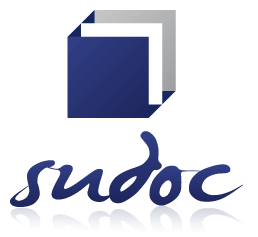Self-archiving, digital preservation and legal deposit policies
Islas establishes digital preservation as the responsibility and commitment of all personnel involved in its editorial management. Its policy to carry it out is governed by:
- Storage of digital resources with utmost care.
- Use of preservation strategies such as data rejuvenation, migration, technology preservation and digital archeology; with the pertinent evaluations to verify their effectiveness.
- Encapsulation of preserved information along with descriptive metadata.
- Self-documentation based on the encoding of preserved information, without reference to external documentation.
- Self-sufficiency to minimize system, data or documentation dependencies.
The digital version of the journal executes the self-archiving policy through the following procedures:
- Updating in a mirror website duly protected in the cloud.
- Copy of each issue in the Drive of the publication itself.
- Copy of each issue in hard disks archived in the Islas Office, in the Faculty of Humanities of the Universidad Central «Marta Abreu» de Las Villas.
- Digital copy at the Biblioteca Nacional José Martí (Havana, Cuba).
To ensure the digital preservation and long-term permanent access to its content, this journal participates in the PKP Preservation Network (PN)
The printed version also complies with the following procedures:
- Legal deposit of three physical copies at the José Martí National Library (Havana, Cuba).
- Legal deposit of two physical copies at the Biblioteca Provincial Martí (Santa Clara, Cuba).
- Legal deposit of two copies in the archive of the National Registry of Serials (Havana, Cuba).

















